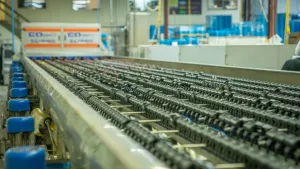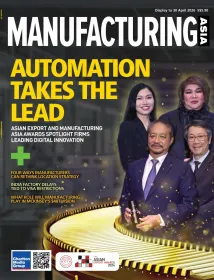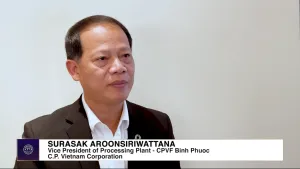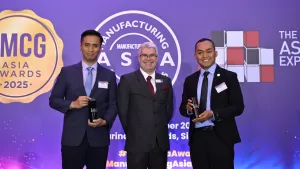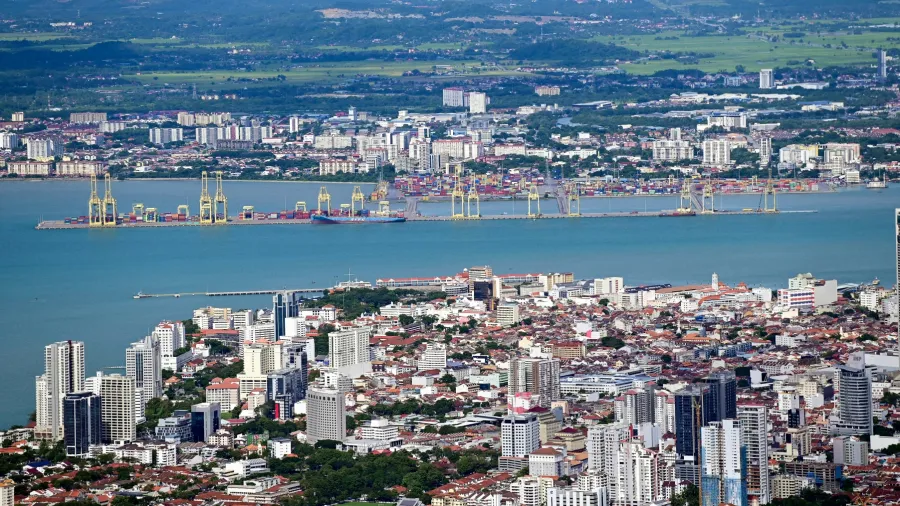
More factories relocate from China to Malaysia amidst trade tensions
But integrating with the local supply chains remains a challenge.
Foreign companies are moving their manufacturing facilities out of China to establish production hubs in other countries as trade tensions continue to brew between China and the US.
Malaysia, the world's sixth largest exporter of semiconductors in the world, has greatly benefited from this strategy known as China Plus One, where companies diversify their business outside of China.
Malaysia has a 50-year edge in the sector given that Intel established its first international manufacturing plant in the northern state of Penang.
Intel is also building another factory in Penang that will be the US States chip giant firm's overseas facility for advanced 3D chip packaging.
Malaysia is on a particularly attractive spot given that many semiconductor and electric vehicle companies relocating to Southeast Asia to bypass trade restrictions and strengthen their supply chains.
The country has an existing ecosystem in Penang and the neighbouring Kulim in Kedah.
This provides an option for technology companies seeking to date-risk amidst intense rivalries between the US and China over cutting-edge technologies.
Tech investment surge
Malaysian Prime Minister Anwar Ibrahim has been actively seeking high-tech investments by travelling overseas to build relationships with potential investors. In March as he delivered a keynote address at the annual SME Future Day 2024, he extended an open invitation to German businesses and companies across Europe to invest in Malaysia, emphasising the country's strategic location for accessing the Chinese market.
Foreign direct investment in Malaysia's tech sector has been steadily increasing since 2021, with major companies like Intel, Infineon Technologies, AT&S, and Nvidia making significant investments there. However, as Malaysia aims to move up the value chain, it faces challenges such as stiff competition from neighbouring countries like Indonesia and Vietnam, as well as constraints in local supply chains.
Former Deputy Minister of International Trade and Industry, Ong Kian Ming, highlighted the challenge of getting the right kind of human resources and skilled labour to become part of the higher value-added manufacturing or services ecosystem.
“We've seen examples of how some Chinese companies who have come into Malaysia in the past, they do not fully integrate with the local supply chain,” he stressed.
This means is that the local SMEs (small- and medium-size enterprises) in Malaysia and other companies are not able to benefit from the FDI coming into Malaysia, he pointed out further.
The Malaysian government is not only looking to attract foreign investments but also to engage domestic companies and investors, particularly government-linked investment firms.
Minister of Investment, Trade, and Industry, Tengku Zafrul Abdul Aziz, announced plans to develop a strategic semiconductor plan to enhance competitiveness in the industry, which includes updating laws and incentive packages to support local businesses.

